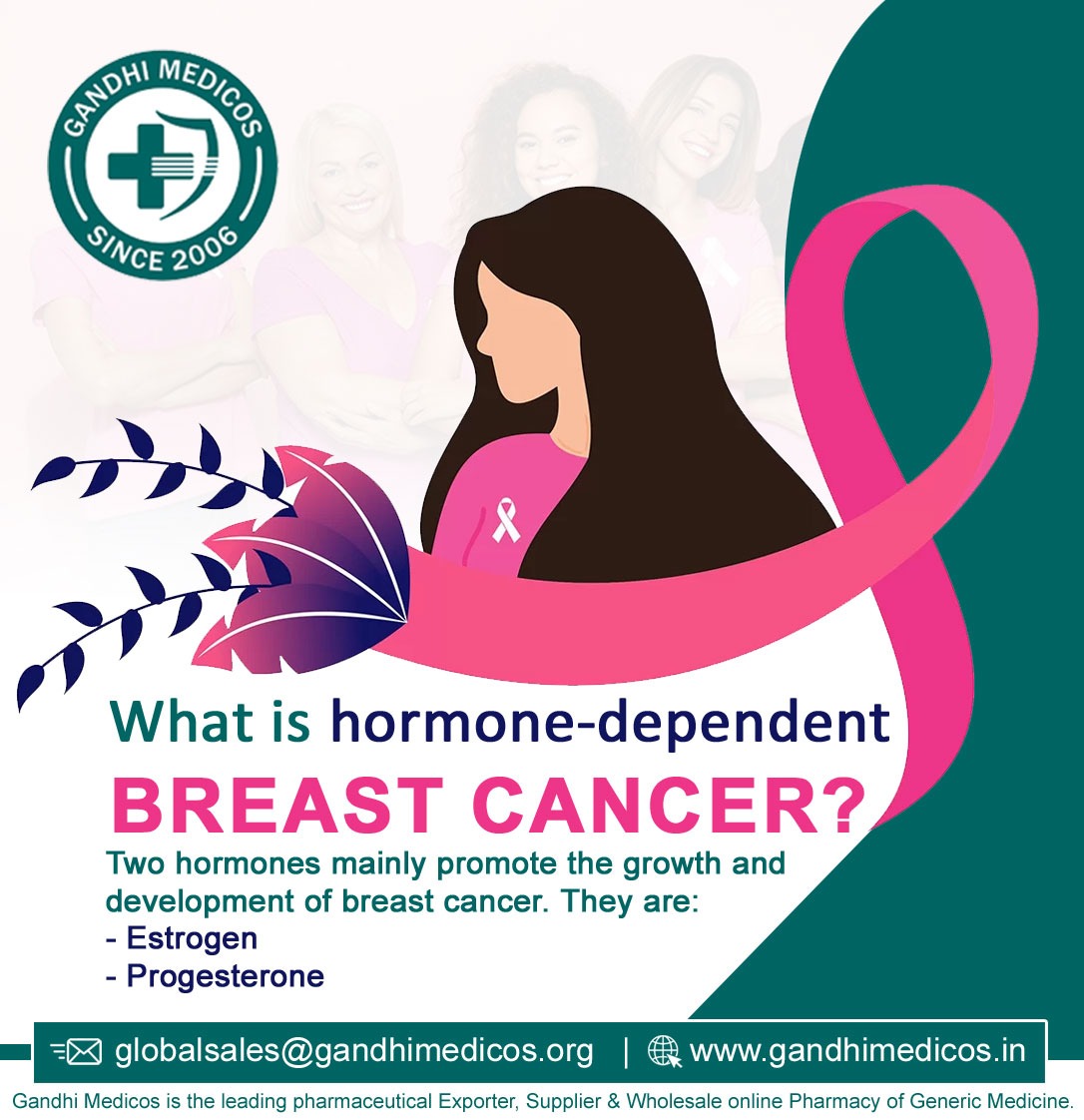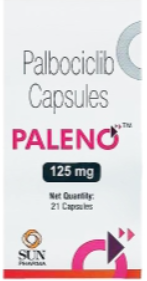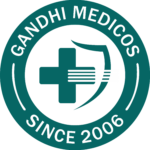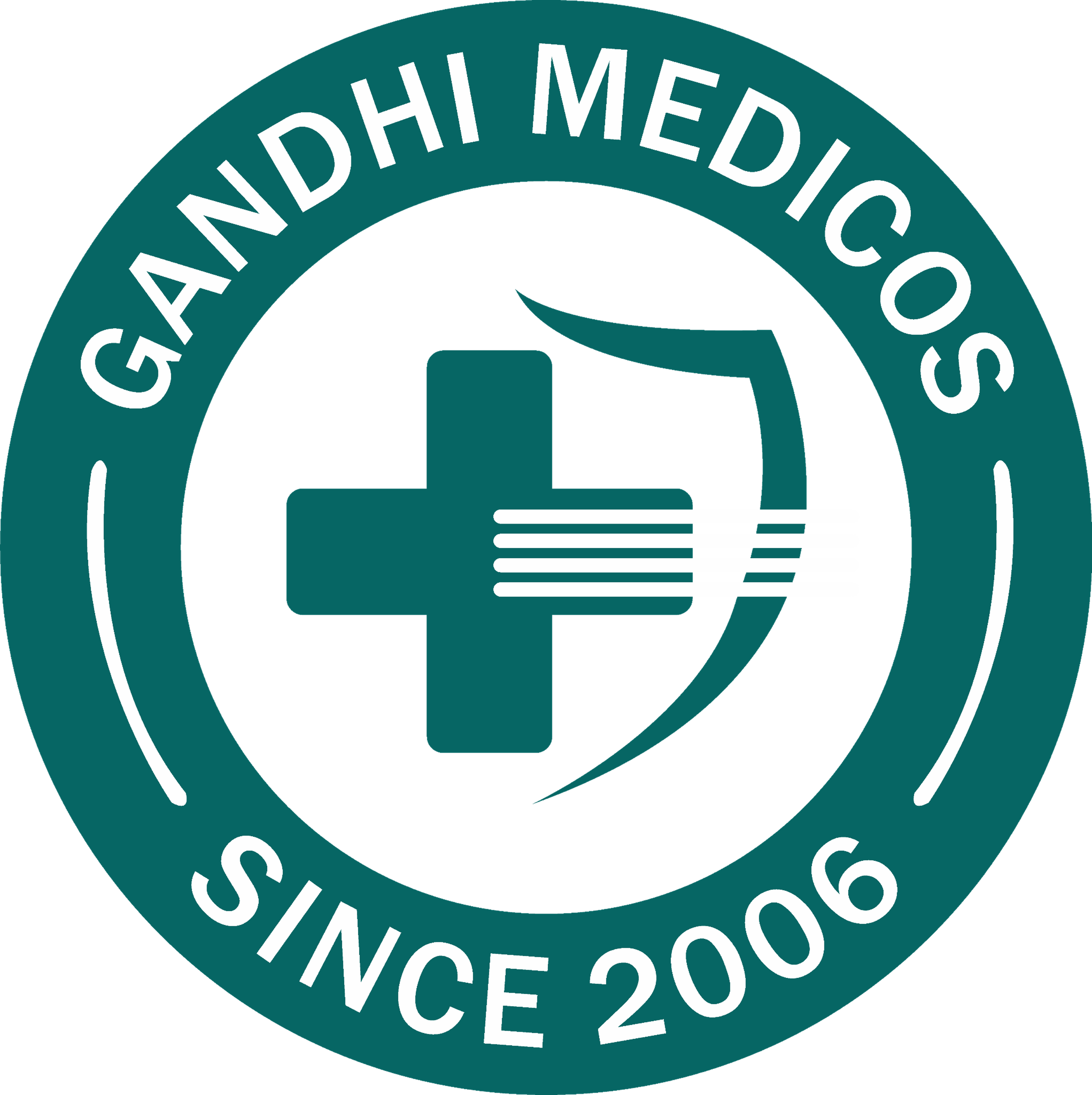What is hormone-dependent breast cancer?
Hormone-dependent breast cancer

Substances that act as a means of chemical messengers of a body are called hormones, and these hormones affect the action of body cells and tissues that are present at different locations in the body. Two hormones mainly promote the growth and development of breast cancer. They are-
- Estrogen
- Progesterone
Cancer cells that depend on hormones for their growth and survival are known as hormone-sensitive breast cancer or hormone-dependent cancer. Hormone-dependent breast cancer cells comprise a protein named estrogen receptor or hormone receptor, or progesterone receptor that becomes activated as soon as the hormones bind to them.
Activated hormone receptors cause changes in specific genes and stimulate the growth of cells. The prognosis for hormone-dependent breast cancer looks good because newer treatment is better with effective medications like Palbociclib capsules.
Diagnosis of hormone-dependent breast cancer
Hormone-dependent breast cancer or hormone-sensitive breast cancer depends on hormones for its survival or growth. To determine if breast cancer cells comprise hormone receptors, healthcare professionals test the samples of breast tumor tissues and remove them surgically.
If the breast tumor cells comprise estrogen receptors, then this type of breast cancer will be called estrogen receptor-positive or ER-positive. If the breast tumor cells comprise progesterone receptors, then this type of cancer will comprise positive or PR-positive progesterone receptors.
Symptoms
 The symptoms of hormone-dependent breast cancer are similar to other types. The most common warning sign is the formation of a lump in the breast, while other symptoms include the following
The symptoms of hormone-dependent breast cancer are similar to other types. The most common warning sign is the formation of a lump in the breast, while other symptoms include the following
- Breast Lump
- Nipple Discharge
- Dimpling
- Skin Irritation
- Pain in the nipple or breast
- Change in the shape or size of breasts
- Color changes like nipple redness or change in the breast skin color.
Can hormone therapy help to prevent hormone–dependent breast cancer?
Hormonal therapy or endocrine therapy helps treat hormone-dependent breast cancer as they slow down or prevent the growth of hormone-sensitive breast tumors and block the ability of the body to produce these hormones. Hormone-insensitive breast tumors do not respond to hormonal therapy as they lack hormone receptors. Hormone therapy combined with effective medications as your doctor prescribes, like Paleno 125mg, blocks the growth of HR-positive breast cancer.
Treatment
Effective drugs like the Paleno 125mg capsule help suppress the production of estrogen or progesterone in the ovaries, which are mainly responsible for supporting the growth of breast cancer. Hormone therapy and highly effective drugs treat this type of breast cancer. The outlook for people diagnosed with hormone-dependent breast cancer is optimistic if diagnosed in the early stages. The five-year survival rate for a person diagnosed with hormone-dependent breast cancer in the early stages has a 99% prognosis.
In other words, a person diagnosed with hormone-dependent cancer has a 99% survival rate for a minimum of five years after diagnosis and treatment. But if this cancer progresses to an advanced stage and spreads to the body’s other organs, then the five-year survival chance comes down to 29% only.




 :
:  +91 – 9999064250 | 9811604444 | 9811604424
+91 – 9999064250 | 9811604444 | 9811604424


